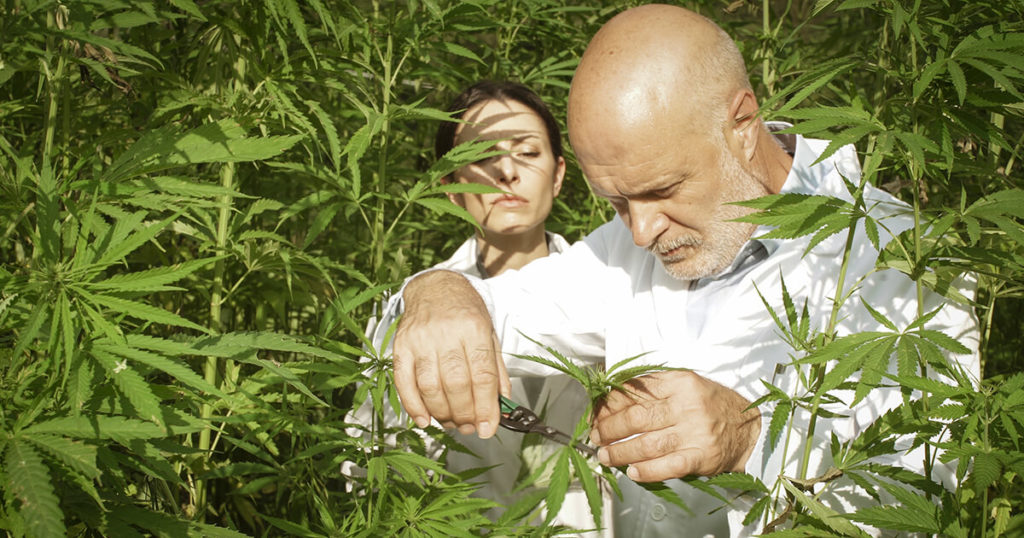There was a time where screening and testing of medical and recreational marijuana products were voluntary. A select few labs like Werc Shop on the West Coast used their experience in producing lab analytics to provide standardized cannabis testing for psychoactive products.
As markets grew and wholesale growers began looking for potential points of marketing, a number of new labs opened, and loose criteria of testing procedures formed between them. To date, there are 41 operational marijuana labs in California, each with its own process for determining cannabis makeup and contamination markers.
New legislation in the form of Senate Bill 544 will see standardized cannabis testing rolled out in an attempt to solidify and refine the strategies implemented by these labs so they may offer reliable results for growers and consumers.
Why Is Standardized Cannabis Testing Important Now?
While some have argued that standardized cannabis testing limits innovation on the part of labs, these changes will hopefully address widespread concerns that have plagued compliant cannabis since the compliant California cannabis industry was launched in 2016—namely lab shopping, false positives, and artificially inflated THC contents.
Lab-shopping is a phenomenon that refers to a cannabis grower seeking out results from multiple labs in order to submit the documents that are most favorable to their sales and marketing. For instance, if the pesticide detector for one lab is more sensitive to pollutants, a grower may choose to submit documents from a lab that does not test to the same degree, thus offering them the opportunity to sell products that state health officials would otherwise reject.
Secondly, false positives are decimating for small business owners. When labs report pollutants or unacceptable fungus levels on plants, it necessitates that the whole batch is destroyed. While this system protects consumers when appropriately implemented, a small portion of the flagged cases are later reviewed and deemed false positives—a costly mistake on the part of the lab that offers little recourse for the grower. Standardized cannabis testing will lessen the frequency and severity of these false positives and give small business owners a better chance at reaching the market.
Finally, with compliant marketing being a restrictive space, the inflation of advertised THC content has become an attractive avenue for bringing in new customers. The industry’s credibility suffers through growers working illegally with labs to inflate content numbers, resulting in less confidence in the testing system for consumers. Standardized cannabis testing will help weed out the “bad actors” who propagate these systems and hopefully create a more even playing field for responsible growers.
How The New Standardized System Will Work
The deadline for official guidelines will come up on January 1, 2023, but the unofficial groundwork has already been laid. To start, two state-run labs will work in partnership with the University of California in San Diego to establish protocols. These two labs will act as models for future procedures and spot-check other labs for accurate reporting.
Standardized cannabis testing will take into consideration new criteria established by the DCC in regards to screening levels for pesticides, microbiological contaminants, cannabis compounds, and residual solvents.
A lack of standards allowed operators to pursue profit first and reliable metrics second until this point. While new standardized cannabis testing systems will cause headaches and increased costs for some testers, many across the industry see this model (already in place in New York and New Jersey) as a wholly positive step for an industry plagued with inaccuracies and inefficiencies. Only time will tell if this project grows outside of California borders in scope.
The takeaway of this new standardized cannabis testing system is increased transparency, reliability, and financial stability for growers and retailers. In a corrupt system, it is a race to the bottom that serves only business owners—never the customers or hardworking growers that move the industry forward equitably.
For more on recent cannabis legalization news in California, explore the updating licensing for Los Angeles retailers on our website here.
















